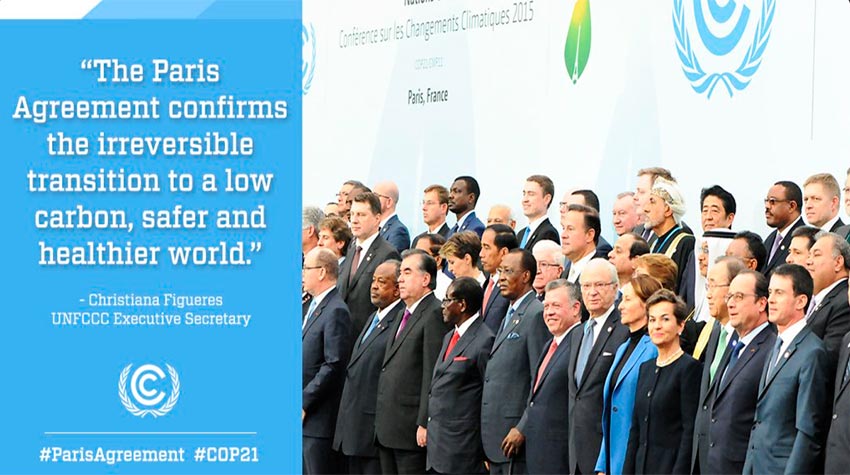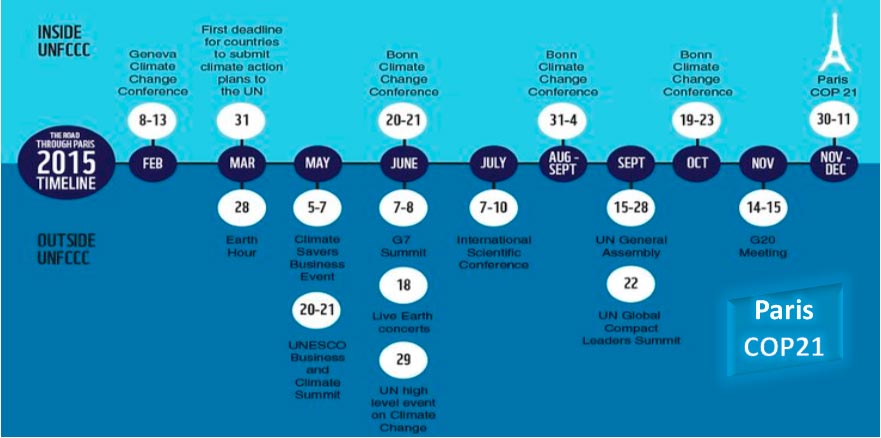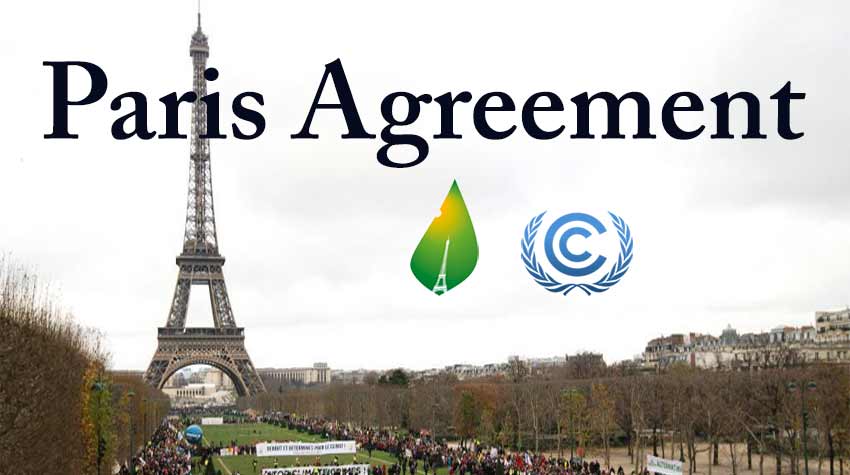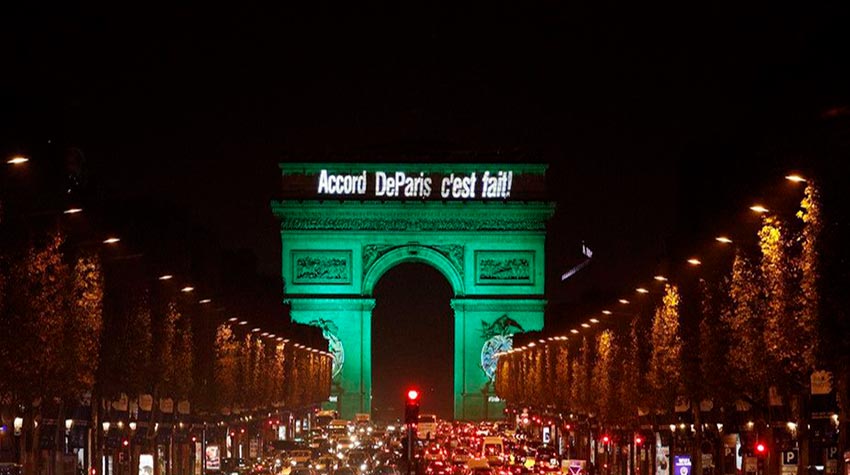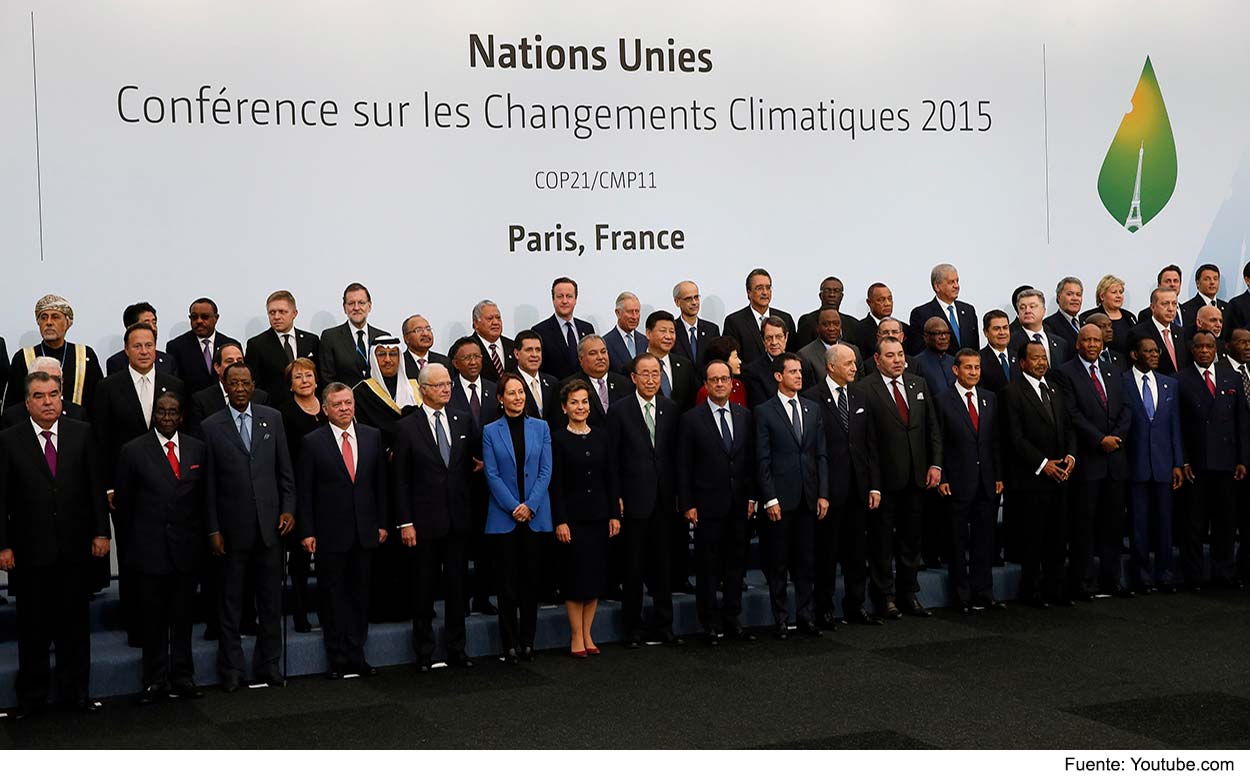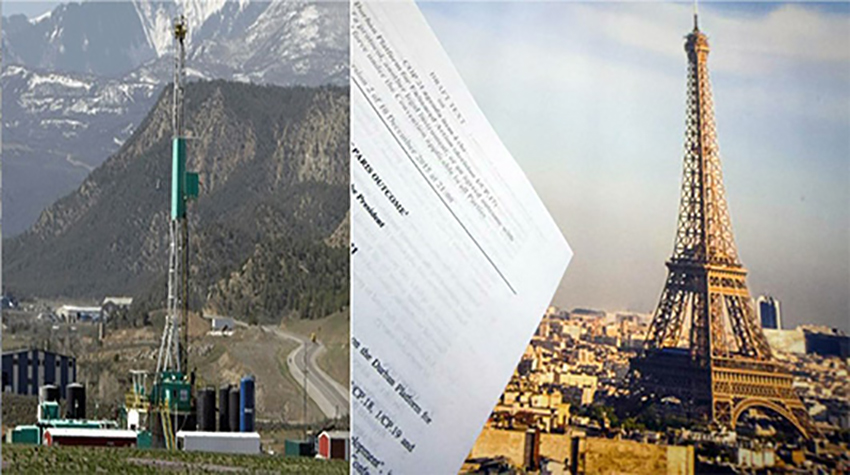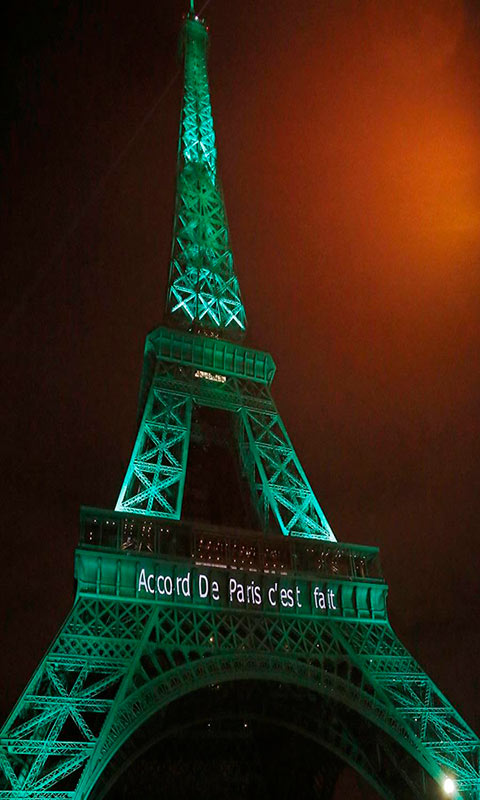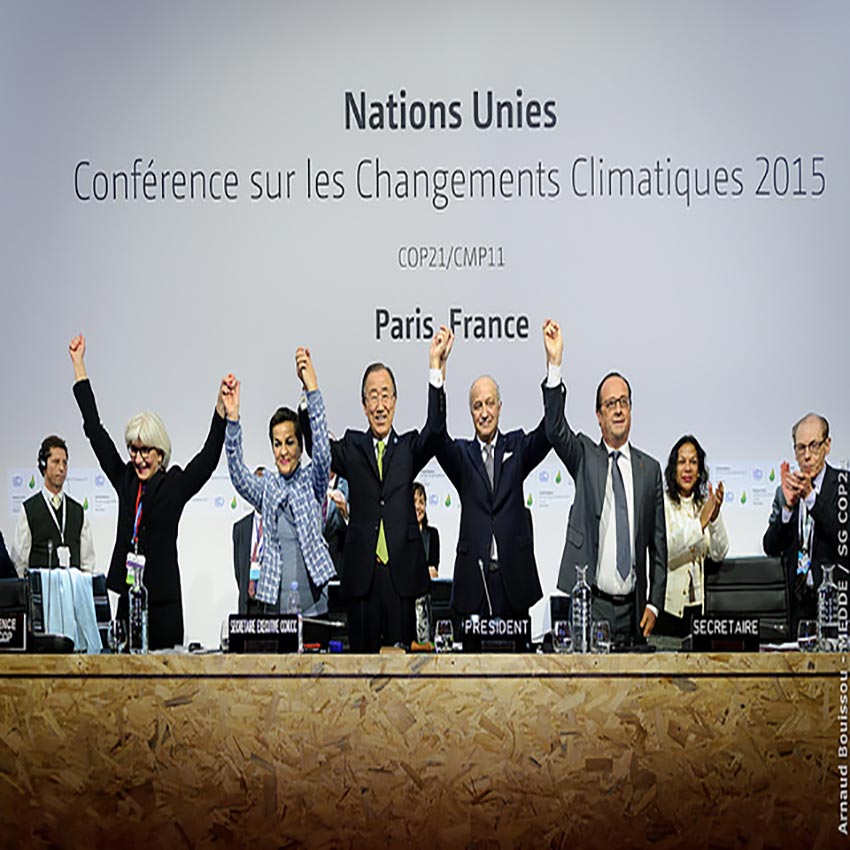FAQs about the Paris Agreement
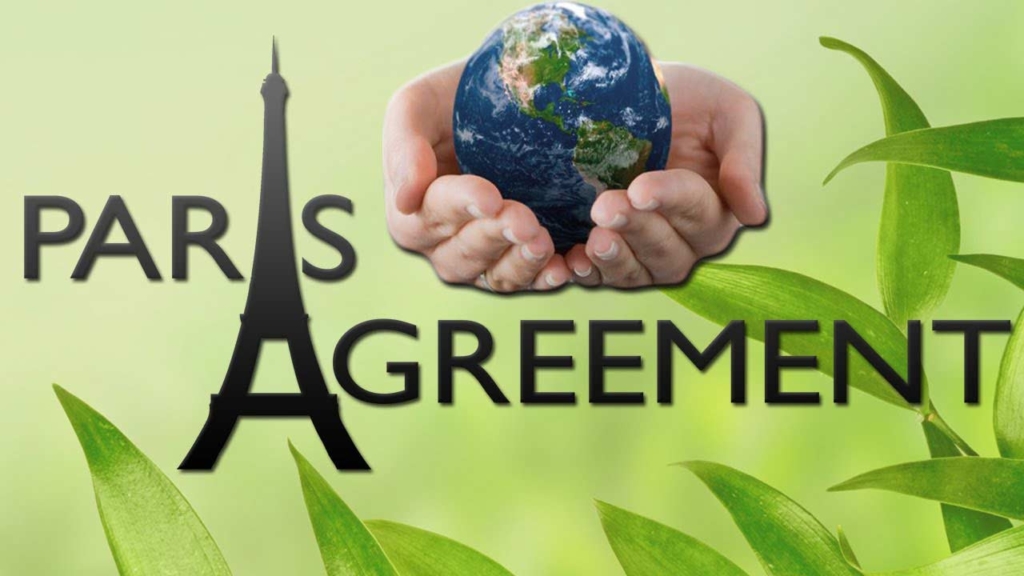
6. What are the dangers that can affect the Paris Agreement?
By 2018 there will be a meeting of the signatory countries of the Paris Agreement, which previously presented their plan for the fight against climate change. In that event they will have the opportunity to update and fine-tune their plans with a view to 2020, the year of the start of the agreements. However, there are still many dangers that could threaten the Paris Agreement. Some of them are:
- At present, it is already expected that CO2 emissions will increase by 25% by 2030, which would move away from the main objective of the Paris Agreement, which is to keep the global temperature increase below 2 °C, from the pre-industrial era, by the end of the century.
- The great dependence of some countries producing oil, coal and gas for domestic consumption and / or exports, which could cause their non-compliance with climate agreements.
- The intensifications of exploration and discovery of large hydrocarbon deposits, which do not seem to stop, will increase the production of oil, coal and natural gas. This goes in the opposite direction to the fossil fuel reduction goals established in the Paris Agreement.
- The implementation of fracking or hydraulic fracturing, an unconventional technology used to release hydrocarbons embedded in rocks of very low porosity, in great depths that can exceed three kilometers. Fracking is used to extract gas and oil from the subsoil. In the last decade, especially in the United States, the combined techniques of deep vertical-horizontal drilling and stimulation by fracking have evolved at great speed, making the extraction of oil and gas a solution to the dependence on imported oil. But, in turn, the dependence on fossil fuels is driving, which goes in a direction contrary to the Paris Agreement, and the use of clean energy.
- That the entire Green Fund, 100 billion dollars per year, starting in 2020, should not be completed to help low-income countries meet their national goals of the Paris Agreement.
- A global economic crisis that bypasses the attention and resources needed to meet climate goals.
- A generalized war that distracts governments from the fight against climate change.
- The inability to effectively control the commitments acquired by each country regarding the reduction of the use of fossil fuels and the emission of greenhouse gases.
- Corruption in many countries could divert resources from the Green Fund to different destinations for which they were created. Thus, the neediest countries would be left without these resources, necessary to be able to comply with programs, policies and other preventive activities or consequences of climate change.
- The obstacle of the deniers of global warming and climate change, which could make the climate agreements reached in Paris, fail.
- That one or several countries, huge polluters, withdraw from the Paris Agreement. This would bring two major consequences: the breach of their commitments, on the one hand, and on the other, the suspension of their contributions to the Green Fund.
Other FAQs about the Paris Agreement
1. What is the Paris Agreement?
2. When will the Paris Agreement come into force?
3. What are the objectives of the Paris Agreement?
4. How do you intend to achieve the objectives of the Paris Agreement?
5. Are the objectives of the Paris Agreement credible?
6. What are the dangers that can affect the Paris Agreement?
7. What would happen if the goals of the Paris Agreement were not met?
8. What is the 2030 Agenda for sustainable development?
9. How will compliance with the Paris Agreement be monitored?
10. Which are the countries that refused to sign the Paris Agreement?
Other sections of the Paris Agreement

Are the objectives of the Paris Agreement realistic?
Never before had humanity reached an agreement as advanced as that of Paris. Never before has it been so close as now to take concrete action to prevent Global Warming from continuing its increase. It should also be noted that for the first time such terms as those of the Paris Agreement, sponsored by the UN, UNFCCC, were accepted by almost all countries on Earth. However, one issue is the good intentions, the spirit and letter of the agreements and another reality that is observed in practice, as has been seen in the past, whose most regrettable exponent was the failure of the Kyoto Protocol…

Never had an agreement like that of Paris been obtained
The Paris Agreement is an ambitious global agreement to combat climate change, negotiated during COP21, Paris 2015, Twenty-first Conference of the Parties, on climate change. The ground-breaking document has been adopted by 197 countries and officially signed on April 22, 2016, Earth Day, and will come into force in 2020. It is planned to limit the increase in global temperature to 2 ° C, to Starting from the pre-industrial era, through the reduction of greenhouse gas (GHG) emissions, caused by fossil fuels such as oil, gas and coal, among others…

